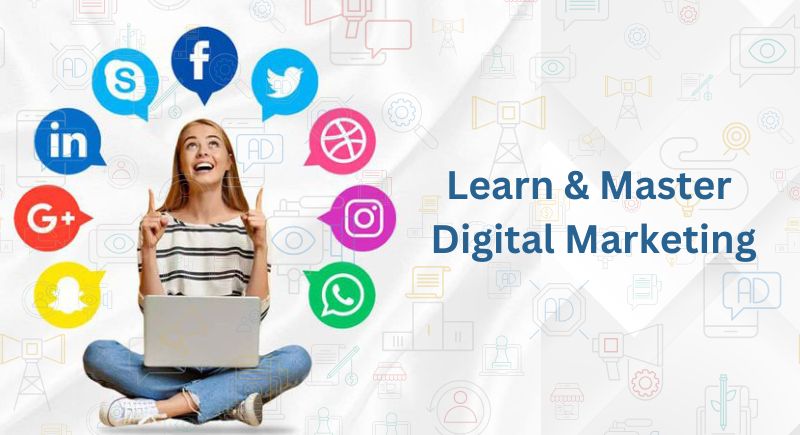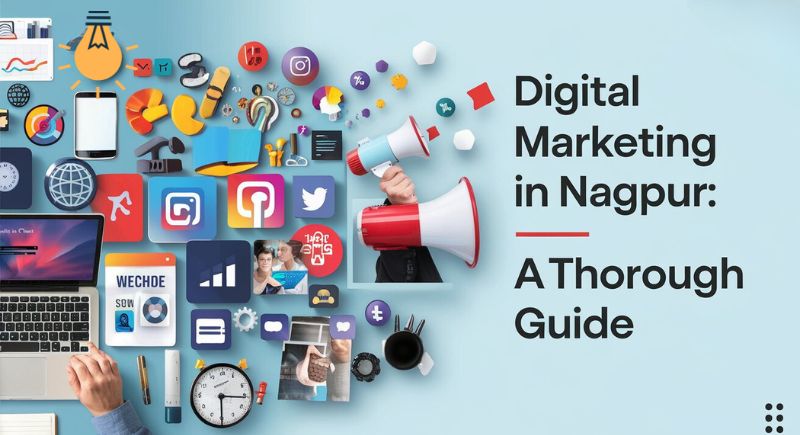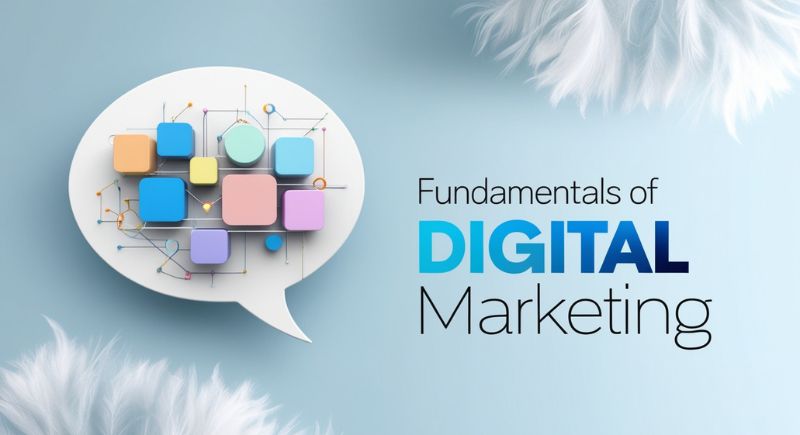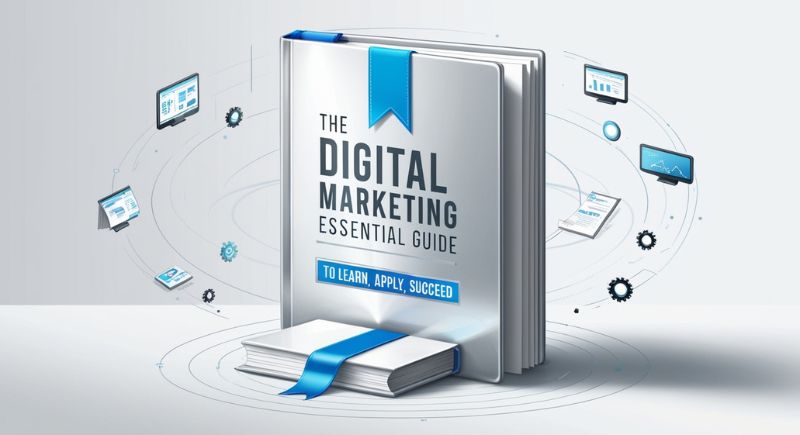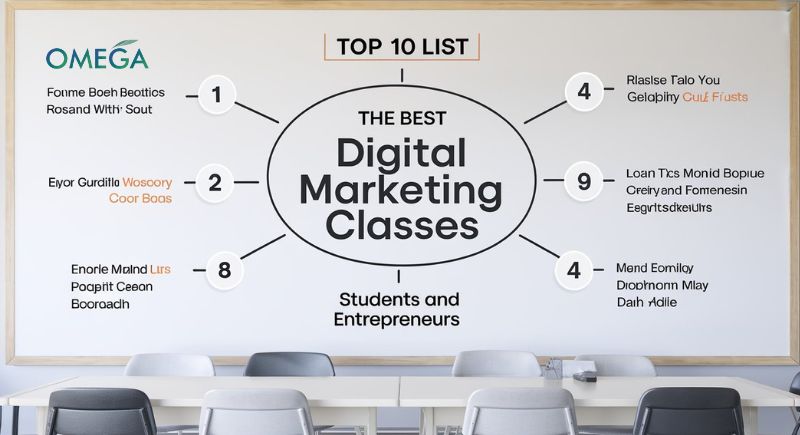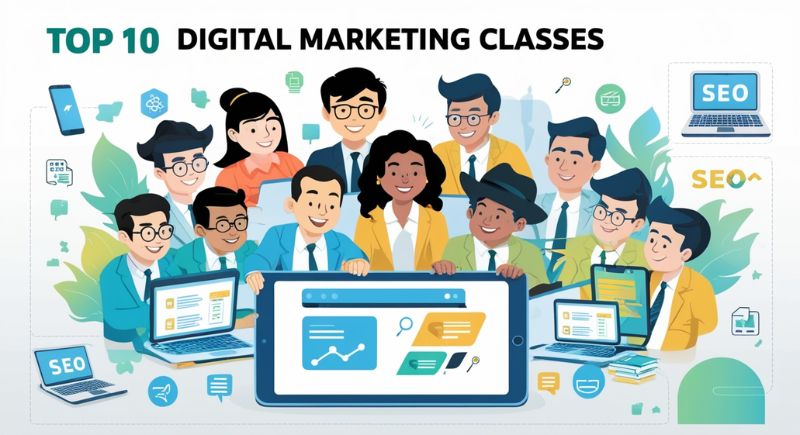Digital Marketing Agency Course : An In-Depth Guide to Agency Training
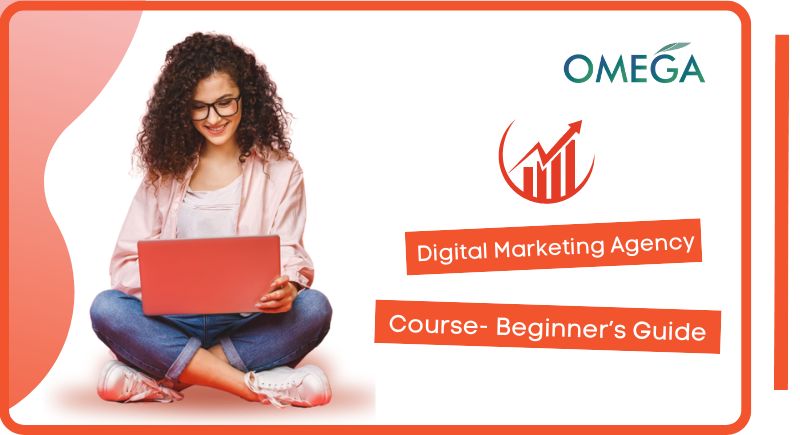
Digital Marketing In-Depth Guide to Agency Training
Digital marketing has revolutionized the way businesses reach their customers, making it a vital skill in today’s digital-first world. A digital marketing agency course is designed to equip individuals with the knowledge and skills required to excel in this dynamic field. These courses cover a broad range of topics, from search engine optimization (SEO) to social media marketing, giving participants a thorough understanding of how to create and manage effective digital marketing campaigns.
Why Enroll in a Digital Marketing Agency Course?
Enrolling in a digital marketing agency course offers numerous benefits. Firstly, it provides a structured learning path, helping beginners and seasoned marketers alike to enhance their skills systematically. By understanding the core principles of digital marketing, you can apply these strategies to real-world scenarios, boosting your career prospects or enhancing your business’s online presence.
A digital marketing agency course also keeps you updated with the latest trends and tools in the industry. The digital marketing landscape is continually evolving, with new algorithms, platforms, and techniques emerging regularly. Staying current with these changes ensures that your marketing strategies remain effective and competitive.
Key Components of a Digital Marketing Agency Course
? Search Engine Optimization (SEO): Any effective digital marketing approach starts with SEO. A digital marketing agency course will teach you how to optimize websites to rank higher on search engine results pages (SERPs). This includes keyword research, on-page optimization, link building, and understanding search engine algorithms. Mastering SEO helps drive organic traffic to websites, enhancing visibility and credibility.
? Content Marketing: Content is king in the digital world. To draw in and keep the interest of a target audience, this section of a digital marketing agency course focuses on producing and disseminating worthwhile, pertinent content. You’ll learn about different content formats such as blogs, videos, and infographics, and how to develop a content strategy that aligns with your marketing goals.
? Social Media Marketing: Social networking sites are excellent resources for connecting with and engaging your audience. A digital marketing agency course covers strategies for marketing on major social media platforms like Facebook, Instagram, Twitter, LinkedIn, and more. You’ll learn how to create compelling content, run effective ad campaigns, and analyze social media metrics to measure success.
? Email Marketing: Email marketing is still one of the best ways to communicate directly with clients. In a digital marketing agency course, you’ll learn how to build email lists, create engaging email content, segment your audience, and automate email campaigns. Understanding email marketing helps nurture leads and drive conversions.
? Pay-Per-Click (PPC) Advertising: PPC advertising allows you to reach potential customers quickly by paying for ads on search engines and social media platforms. A digital marketing agency course will teach you how to set up and manage PPC campaigns, choose the right keywords, write compelling ad copy, and optimize your budget for maximum return on investment (ROI).
? Analytics and Data Interpretation: Analyzing data is crucial for measuring the effectiveness of your digital marketing efforts. A digital marketing agency course includes training on using tools like Google Analytics to track website traffic, user behavior, and campaign performance. You’ll learn how to interpret data to make informed decisions and improve your marketing strategies.
? Conversion Rate Optimization (CRO): CRO focuses on increasing the percentage of website visitors who take a desired action, such as making a purchase or filling out a contact form. In a digital marketing agency course, you’ll learn techniques for optimizing landing pages, improving user experience, and conducting A/B testing to boost conversion rates.
The Benefits of Hands-On Learning
One of the significant advantages of a digital marketing agency course is the emphasis on hands-on learning. Practical exercises, real-world projects, and case studies provide valuable experience that theoretical knowledge alone cannot offer. By working on actual digital marketing campaigns, you gain insights into real-life challenges and solutions, preparing you for a successful career in digital marketing.
Certifications and Career Advancement
Completing a digital marketing agency course often leads to certification, which can enhance your resume and demonstrate your expertise to potential employers or clients. Certifications from reputable organizations validate your skills and knowledge, making you a more attractive candidate in the job market.
Choosing the Right Digital Marketing Agency Course
When selecting a digital marketing agency course, consider factors such as the course curriculum, instructor expertise, and learning format. Look for courses that offer comprehensive coverage of essential topics and include practical exercises to reinforce learning. The credibility of the institution or platform offering the course is also important—ensuring they have a strong reputation in the digital marketing industry.
The Role of Networking and Community
Networking is an often overlooked but valuable aspect of enrolling in a digital marketing agency course. Engaging with peers, instructors, and industry professionals can lead to new opportunities, collaborations, and insights. Many courses offer forums, group projects, and events that facilitate networking and community building.
Adapting to Industry Changes
The digital marketing landscape is dynamic, with new trends and technologies emerging regularly. A good digital marketing agency course not only provides foundational knowledge but also teaches you how to adapt to industry changes. Continuous learning and adaptability are crucial for long-term success in digital marketing.
Applying Your Knowledge
Upon completing a digital marketing agency course, the next step is to apply your knowledge. Whether you’re looking to advance your career, start your own digital marketing agency, or enhance your business’s online presence, the skills gained from the course will be invaluable. Start by implementing what you’ve learned in small projects or internships, gradually building your experience and confidence.
The Evolution of Digital Marketing
The way that businesses engage with their audience has evolved as a result of digital marketing. Traditional marketing methods, such as print ads and TV commercials, were once the primary ways to reach consumers. However, with the rise of the internet and digital technologies, marketing strategies have shifted significantly. Online platforms offer more precise targeting, better engagement, and measurable results, making them essential for modern businesses.
Key Areas in Online Marketing
Search Engine Optimization (SEO)
- Search engine optimization (SEO) is the process of making a website more search-engine friendly. It includes techniques like keyword research, on-page optimization, link building, and understanding search engine algorithms. High search engine rankings can lead to increased organic traffic and better visibility for a website.
Content Marketing
- Creating and sharing valuable content is crucial for attracting and engaging an audience. Content marketing includes blogs, videos, infographics, and social media posts. The goal is to provide relevant information that addresses the needs and interests of the target audience, establishing the brand as a trusted resource.
Social Media Marketing
- Social media platforms such as Facebook, Instagram, Twitter, and LinkedIn are powerful tools for reaching a broad audience. Social media marketing involves creating and sharing content, engaging with followers, and running ad campaigns. Effective use of social media can enhance brand awareness, drive traffic, and foster customer loyalty.
Email Marketing
- Email marketing is a direct way to communicate with customers and prospects. It involves building an email list, creating engaging content, and segmenting the audience for targeted campaigns. Automated email sequences can nurture leads and encourage conversions.
Pay-Per-Click (PPC) Advertising
- PPC advertising enables companies to run advertisements on social media and search engine results pages. Advertisers are charged a fee each time an ad is clicked. This method provides immediate visibility and can be highly effective for driving targeted traffic to a website.
Analytics and Data Interpretation
- Analyzing data is essential for understanding the performance of marketing efforts. Insights about user behavior, marketing efficacy, and website traffic are available through tools such as Google Analytics. By interpreting this data, marketers can make informed decisions to optimize their strategies.
Conversion Rate Optimization (CRO)
7. CRO focuses on improving the percentage of visitors who take a desired action on a website, such as making a purchase or signing up for a newsletter. Techniques include A/B testing, improving user experience, and creating compelling calls to action.
- Benefits of Online Marketing Training
Gaining knowledge in online marketing provides numerous advantages. For individuals, it enhances career prospects and opens up opportunities in a rapidly growing field. For businesses, it equips employees with the skills to effectively promote products and services online, driving growth and competitiveness.
- Staying Updated with Industry Trends
The digital world is always changing, with new platforms, tools, and tactics appearing on a regular basis. Continuous learning is crucial for staying updated with industry trends and maintaining effective marketing practices. Regularly reading industry blogs, attending webinars, and participating in workshops can help marketers stay ahead of the curve.
- Practical Experience and Real-World Applications
Hands-on experience is vital for mastering online marketing techniques. Practical exercises, real-world projects, and case studies provide valuable insights that theoretical knowledge alone cannot offer. Working on actual campaigns allows individuals to apply what they’ve learned and understand the challenges and solutions in a real business context.
- Certifications and Professional Growth
Many online marketing programs offer certifications upon completion. These certifications validate a person’s skills and knowledge, making them more attractive to employers. For professionals already in the field, certifications can lead to career advancement and higher-level roles.
- Choosing the Right Training Program
Selecting the right training program is essential for gaining a thorough understanding of online marketing. Consider factors such as the curriculum, instructor expertise, and learning format. Look for programs that cover essential topics and include practical exercises. The reputation of the institution offering the program is also important.
- Networking and Community Engagement
Networking is a valuable aspect of online marketing training. Engaging with peers, instructors, and industry professionals can lead to new opportunities, collaborations, and insights. Many programs offer forums, group projects, and events that facilitate networking and community building.
- Applying New Skills
After completing an online marketing training program, the next step is to apply the acquired skills. Start by working on small projects or internships to gain experience and build confidence. Whether aiming to advance a career, start a marketing agency, or enhance a business’s online presence, the skills gained will be invaluable.
- Success Stories in Online Marketing
Numerous individuals have transformed their careers and businesses through online marketing. By mastering various techniques, they have been able to increase website traffic, improve customer engagement, and drive sales growth. These success stories highlight the potential impact of a well-structured training program on professional and personal development.
- Challenges and Opportunities
While online marketing offers many opportunities, it also presents challenges. The digital environment is competitive, and staying ahead requires constant learning and adaptation. Marketers must be prepared to experiment with new strategies, analyze results, and refine their approaches. The ability to quickly adapt to changes is crucial for long-term success.
- Future Trends in Online Marketing
The future of online marketing will likely see more integration of artificial intelligence (AI) and machine learning. These technologies can provide deeper insights into consumer behavior, automate repetitive tasks, and create more personalized marketing experiences. Staying informed about technological advancements will be essential for maintaining effective marketing strategies.
- Building a Personal Brand
For marketers, building a personal brand can enhance credibility and career prospects. Sharing expertise through blogs, social media, and public speaking can establish a marketer as a thought leader in the industry. One can attract new relationships and chances with a strong personal brand.
Importance of Ethical Marketing
Ethical marketing practices are vital for building trust and maintaining a positive reputation. Transparency, honesty, and respect for customer privacy should be at the forefront of all marketing efforts. Adhering to ethical standards not only builds credibility but also fosters long-term customer relationships.
Building a successful online marketing strategy requires dedication, continuous learning, and adaptability. Embrace new technologies and stay updated with industry trends to maintain a competitive edge. Practical experience is invaluable, so apply your knowledge through real-world projects and internships. Make connections with professionals in the field to acquire knowledge and prospects. Ethical practices are crucial for building trust and long-term customer relationships.
Conclusion
Enrolling in a digital marketing agency course is a strategic investment in your future. With the rise of digital marketing, having specialized skills in this field is more important than ever. By gaining a comprehensive understanding of SEO, content marketing, social media marketing, email marketing, PPC advertising, analytics, and CRO, you position yourself for success in a competitive market.

